Pickups
The pickup is used to pick up the PCM signal from the transmitter. It also transmits power to allow the transmitter to operate without a battery.
IH1
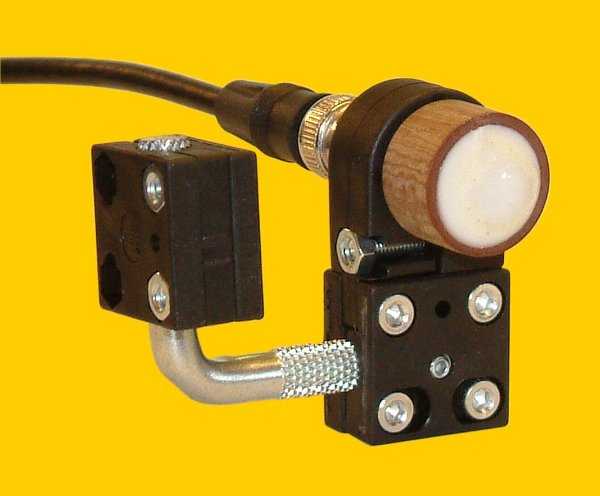
A benefit of battery power is increased maximum air-gap between shaft and pickup – typically 150 to 200mm. This is because only the data signal carrier is transmitted and not the inductive power magnetic field.
- Transmitter needs an alternative power supply (e.g. a BU31 battery unit).
- Picks up transmitter data without power transfer.
- Includes universal mounting bracket.
BU31
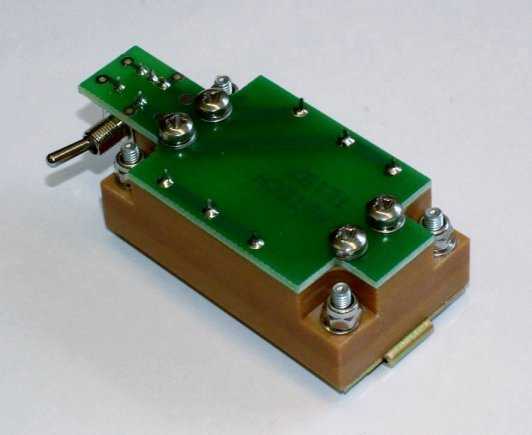
A benefit of battery power is increased maximum air-gap between shaft and pickup – typically 150 to 200mm. This is because only the data signal carrier is transmitted and not the inductive power magnetic field.
- Needs a separate signal pick up (e.g. IH1).
- Matches TX31D and TX34D transmitters.
- Attaches to shaft using CAK.
- On/off switch may be removed to eliminate electro mechanical contacts.
- Sealed hosing for 2 x 1/2 AA lithium cells. 7v@850mAH – Typically 70+ hours life.
- Transmission range 150+ mm using inductive head IH1.
IH2
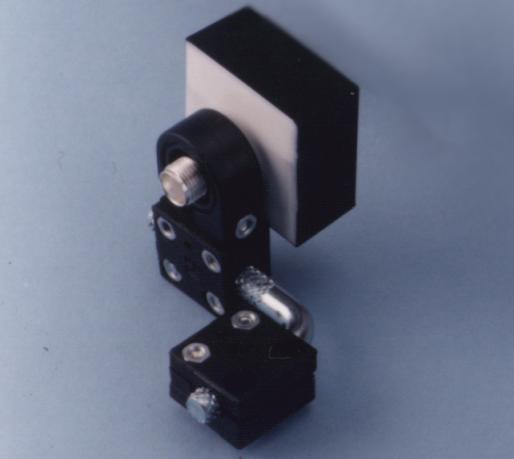
- Powers transmitter and also collects data signal.
- Very simple installation – single loop on shaft and no stationary loops.
- Universal mounting bracket for easy adjustment.
- Up to 50 metres cable connection.
- Submersible version available.
- 50 x 35 x 25 / 85 grams.
- May also be used in “end of shaft” location.
IH2/L
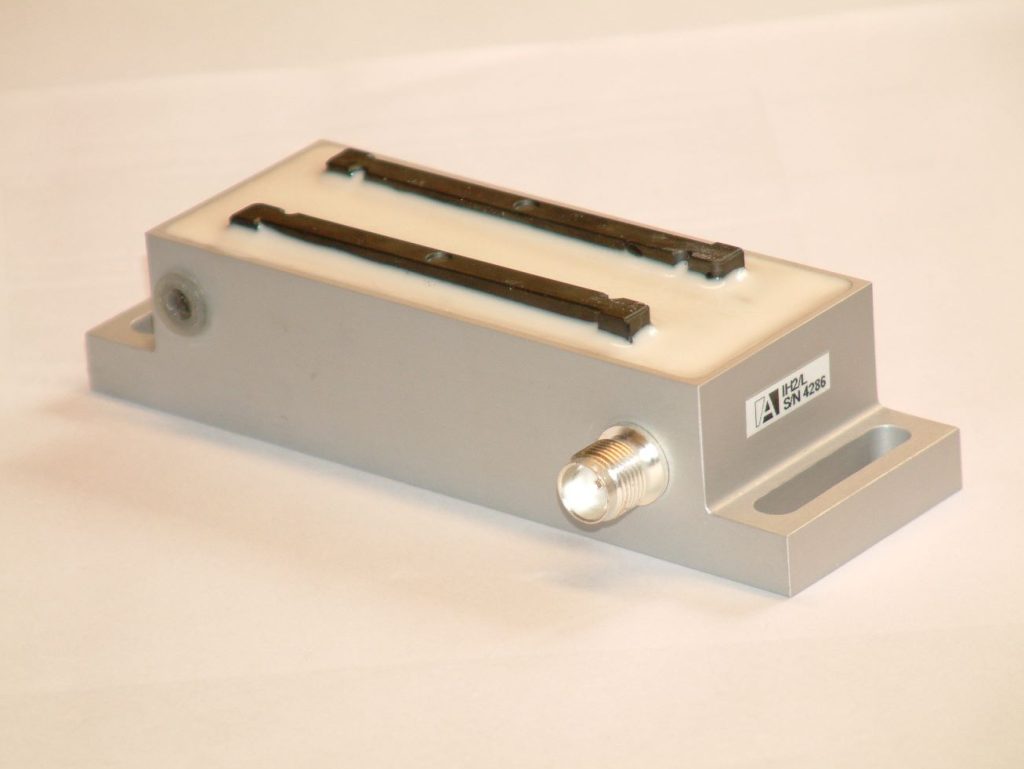
- Inductive Head 2, long version.
- Particularly suitable for larger diameter shafts when a loop is difficult to arrange.
IL2
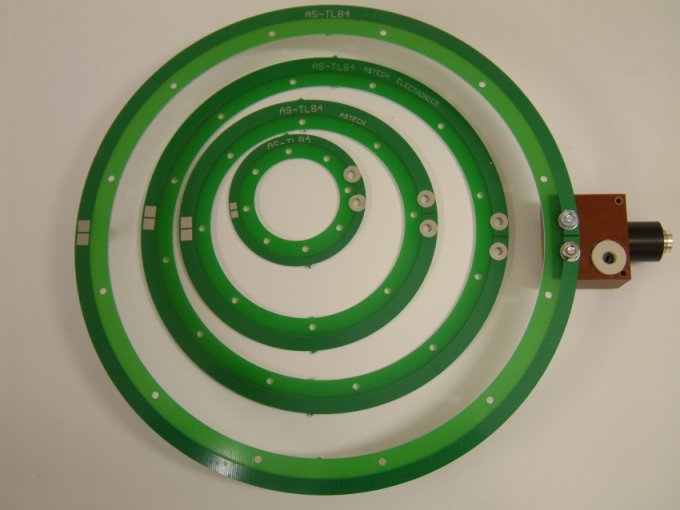
- High efficiency power coupling for multichannel strain transmitters.
- Supplied with pre-formed glass fibre loops 40 – 200mm in diameter.
- Air gap up to 90mm.
- Incorporates signal pickup.
- Non critical alignment.
- May also be used in end of shaft location.
IP2
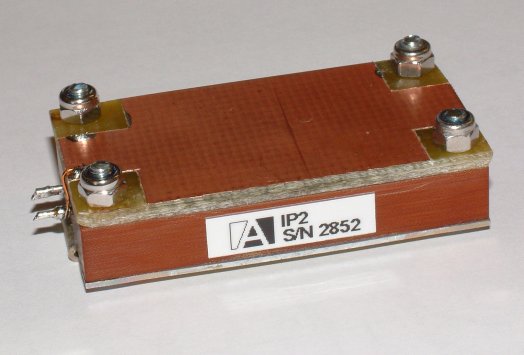
- Compact – 33 x 28 x 8mm, replaces shaft loop.
- Use with stationary loop and interface module IL2.
- Airgap 100mm or more.
- Incorporates signal transmission.
- Attaches to shaft with CAK kit giving fast strap-on installation.
- Stationary loop may be shaped to accommodate large shaft displacements.
